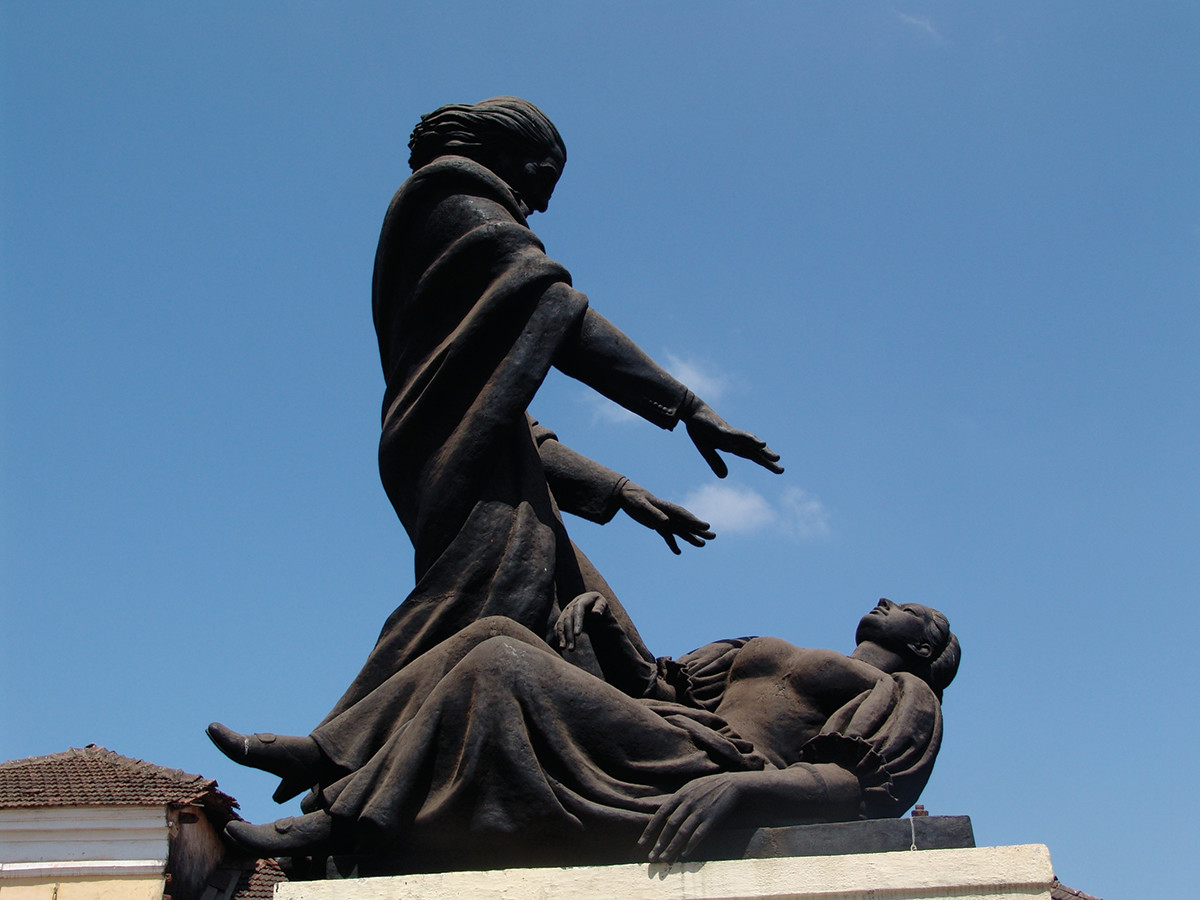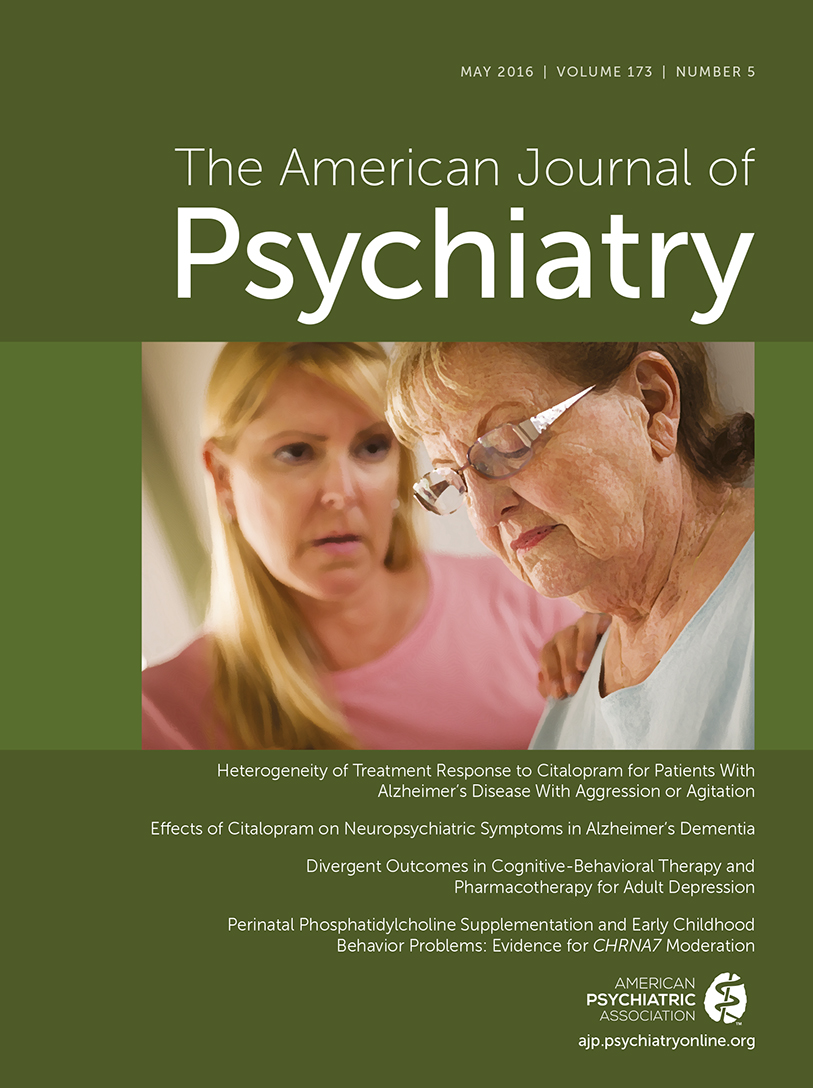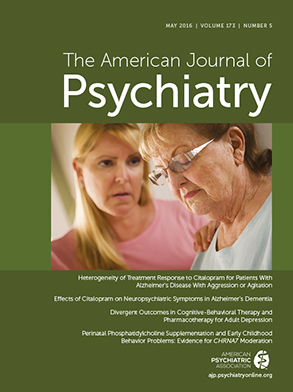This statue in Goa, India, celebrates theologian-philosopher-scientist Abbé Faria placing a woman into what he termed “lucid sleep,” which he affirmed occurred due to the will and suggestibility of the epopt, Greek for “subject.” He disputed Franz Anton Mesmer’s reigning theories of animal magnetism, cosmology, and the primacy of the mesmerizer’s power.
Abbé Faria was born Jose Custodio de Faria, on India’s west coast, in Goa, then under Portuguese rule. At age 15, he left with his father for Portugal. He then went to Rome, finished a doctorate in theology in 1780, moved to Paris, and in 1813 joined the avant-garde in mesmerism (
1).
Mesmer’s theories were challenged in 1778 when a commission—authorized by the court of Louis XVI and led by Benjamin Franklin, American Ambassador—discredited Mesmer’s ideas about physical fluids and magnets. Nevertheless, mesmerism thrived, especially in the scholarship of Mesmer’s ardent student, Marquis de Chastenet de Puységur, who became intrigued by his own patients’ suggestibility.
Abbé Faria treated about 5,000
epopts in public. He was praised for his cures, also vilified and ridiculed. Yet he persevered. He forwarded an Epistle to Puységur and requested his approval for the book he had just written:
De La Cause du Sommeil Lucide Ou Étude de la Nature de L’Homme (Of the Cause Of Lucid Sleep or Study of the Nature of Man) (
2).
Abbé Faria was a professor of theology and philosophy; his works also referenced metaphysics and physiology. He connected the patient’s will, auto-suggestion, and the power of mind over body to “lucid sleep.” He also criticized “the futility of assumption of a magnetic fluid” (
2, p. 369).
Faria meant to write three more volumes, but he died on the day the book was published—Sept. 20, 1819. His volume was well read in Europe but remained isolated on academic shelves. However, his formulation was later endorsed by Egas Moniz (1874–1955), Portuguese neurologist and 1949 Nobel prize winner, who called him “the creator of the doctrine of suggestion” (
3, p. 327).
Faria’s grave in Montmartre, France, has not been located. However, a fragile copy of a reprinted version (1909) of his book was unearthed in the rare book section of Central Goa Library, India. Psychiatrist Rajendra Hegde, who had searched vigorously for it, discovered the national treasure and commissioned its English translation. The hand-written translation by Dr. Manoharrai Sardessai (
2) was completed in 2004.
Goan intelligentsia celebrated Faria’s 258th birthday with a symposium in June 2014. Abbé Faria was extolled as the Father of Hypnotism (
4). The symposium acknowledged his relentless inquiry into “lucid sleep,” which paved the way for the formulation of surgeon James Braid, who in 1843 labeled the phenomena of trance and mesmerism as “hypnosis” (
5, p. xi).
Hypnosis was used widely in the American Civil War for amputations. Medicare approves hypnotherapy (code 90880) “if reasonable and necessary for treatment of medical or psychological conditions.”
Hypnosis can be offered as an adjunct to psychotherapy for varied psychiatric symptoms, PTSD, smoking cessation, surgery, and other ailments. The lexicon of modern hypnosis includes such terms as “trance capacity” and “aroused concentration” (
6, p. 1228), echoing Faria’s 1819 critical observations.
An Abbé Faria appears as a wise but eccentric priest in
The Count of Monte Cristo (
7), but the source of the Alexander Dumas character is unknown.
Acknowledgments
The author thanks Maryann Lobo D’Mello, M.A., and Ragendra Hegde, M.D., for their assistance.


